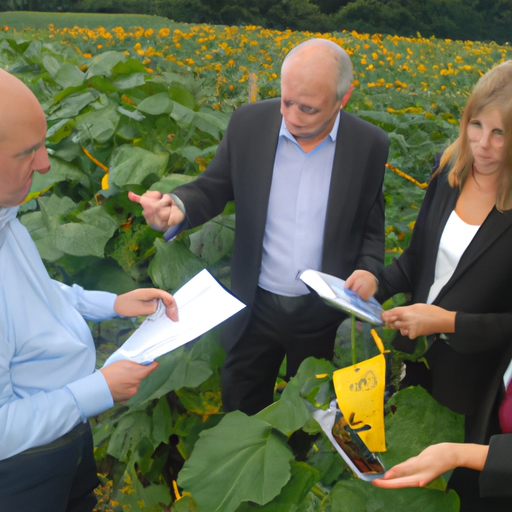As the global population continues to grow, the demand for food increases, prompting a need for more efficient and sustainable farming practices. AgriTech, or agricultural technology, is at the forefront of this transformation. In this blog post, we will explore five groundbreaking AgriTech innovations that are revolutionizing the agriculture industry.
1. Drones and Aerial Imaging
Drones have become a vital tool in modern agriculture. Equipped with high-resolution cameras and sensors, they allow farmers to monitor crop health, assess field conditions, and manage resources effectively. By providing detailed aerial imagery, drones facilitate precision farming, enabling farmers to apply fertilizers and pesticides with pinpoint accuracy, reducing costs and environmental impact.
2. IoT in Agriculture
The Internet of Things (IoT) is transforming agriculture by connecting devices and sensors. Smart sensors placed in fields can measure soil moisture levels, temperature, and nutrient content, relaying data to farmers in real-time. This information helps farmers make informed decisions about irrigation, fertilization, and crop rotation, ultimately enhancing productivity and sustainability.
3. Vertical Farming
As urbanization increases, vertical farming has emerged as a promising solution to food production. Utilizing stacked layers of crops and advanced hydroponic systems, vertical farms can produce a high yield of food in a smaller footprint. This innovation reduces the need for pesticides, lowers water usage, and brings food production closer to urban consumers, ensuring fresher produce.
4. AI and Machine Learning
Artificial Intelligence (AI) and machine learning are changing the way farmers approach agriculture. AI can analyze large datasets to predict crop yields, identify diseases, and optimize planting schedules. By leveraging historical data and machine learning algorithms, farmers can make data-driven decisions that enhance overall farm productivity and reduce waste.
5. Sustainable Farming Practices
AgriTech is also focusing on sustainability, with innovations such as biopesticides and organic farming technologies. These methods aim to minimize chemical usage, promote biodiversity, and protect ecosystems while maintaining profitability. Sustainable practices not only benefit the environment but also cater to the growing consumer demand for organic produce.
Conclusion
The future of agriculture is undoubtedly linked to innovative AgriTech solutions. By embracing these technologies, farmers can improve efficiency, sustainability, and productivity in their operations. As we continue to face challenges related to food security and environmental sustainability, AgriTech will play a crucial role in shaping the future of farming.
Stay tuned for more insights on agricultural technology and its impact on the farming industry!




